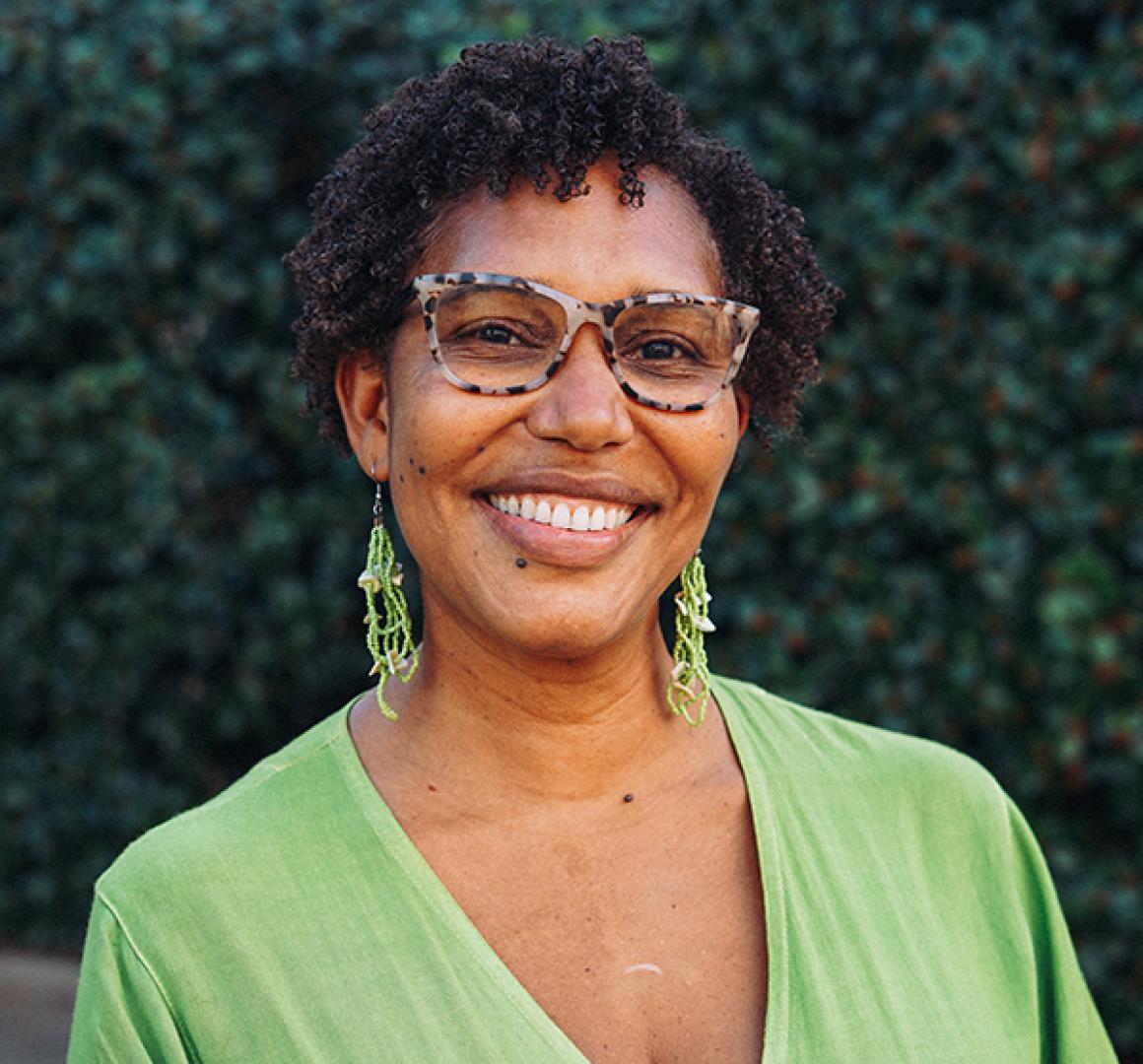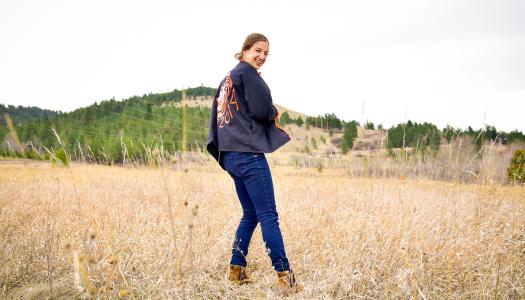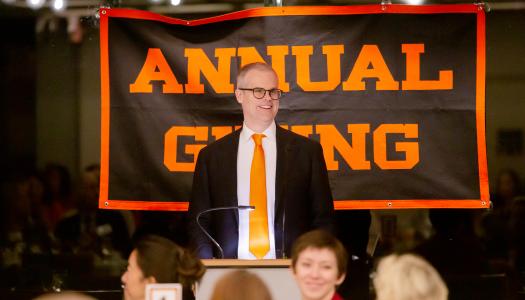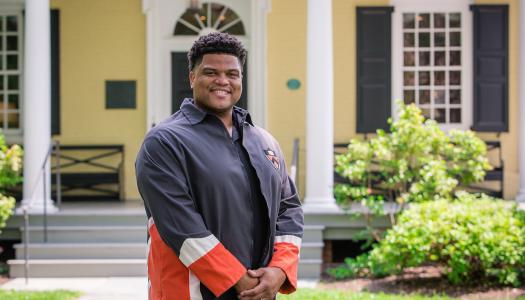Beth-Sarah Wright ’95 promotes dignity and authentic connections

A dictionary definition of authenticity — to be true to one’s own character — applies to individuals, but writer Beth-Sarah Wright ’95 extends it to institutions, including her alma mater.
“I’m very interested in ways in which our schools or educational institutions align with who we say we actually are,” said Wright, an at-large Alumni Council Executive Committee (ACEC) member who recently published her fifth book, “Dignity: Seven Strategies for Creating Authentic Community.” She identifies barriers to authenticity in communities and ways to bridge the gap between “who we say we are and our lived realities.”
Wright has been involved in academia not only as a student, but as professor and now as director of enrollment management at Holy Innocents’ Episcopal School, the country's largest Episcopal parish day school and an Atlanta independent school for grades pre-K3 through 12, serving more than 1,380 students.
Over the years, through her volunteering with the ACEC and the Alumni Schools Committee, she has observed Princeton engage with the strategies her book describes. “I can see that Princeton has really delved into questions about who we are as an institution, what our history has been, and where we want to go in the future, asking ‘What steps do we need to take to get there?’” she said.
The questions mirror her own journey.
Educational Journeys
Born in Jamaica, Wright finished high school at age 15 and left for advanced study in Scotland, drawn there by her mother’s cherished memories of studying and being a nurse in that country. She attended Edinburgh Academy, and her experience there echoed the trailblazers of Princeton coeducation; the academy then enrolled 400 boys and 20 girls. Wright was one of eight female boarding students. She remembers it as “very different” and “one of the most wonderful experiences of my life.”
She arrived at Princeton for international student orientation and felt welcomed, making friends from Argentina, Turkey, France and Japan. Another plus: her brother, David Panton ’92, was on campus.
As an undergraduate, Wright explored her roots as a member and leader of Students of Caribbean Ancestry. Her pre-med aspirations transformed to a sociology major after a class with Musgrave Professor of Sociology Miguel Centeno and led, post-Princeton, to a master’s in anthropology from Cambridge University. And her student activities in dance and with the Black Arts Company, supplemented by mentoring from Barbara Browning, then a Princeton English professor, led to a doctorate in performance studies at New York University.
“You just never know what’s going to happen in your sophomore year at college,” she said.
A former college professor at New York University and Spelman College, she also teaches as an adjunct assistant professor in the Department of Psychiatry at Emory School of Medicine in addition to her duties at Holy Innocents’ Episcopal School.
The Value of Networking
When joining the Alumni Council Executive Committee as a volunteer, Wright chose to focus on the Princeton Women’s Network (PWN) and how the group could bridge its efforts with other affinity groups such as the Association of Black Princeton Alumni, the Association of Latino Alumni and the Asian American Alumni Association.
“We wanted to build stronger partnerships with all of these groups,” Wright said. “And we did a lot of research and trying to talk to the heads of these groups to understand how we could do more work together.”
The effort opened the door to more networking and a chapter in the PWN manual entitled, “Fostering Synergies: Regional Associations and Affiliated Groups.”
“We found that there was actually a lot of interest and desire to work together to share common events, to really open up to be much more inclusive. And that’s because there is a common love of Princeton,” she said.
“Look Again”
Wright acknowledges her Princeton experience included some challenges: “I would not be truthful or authentic by saying that everything was wonderful. Sometimes in the social offerings, I did not feel that I could really find a place and a sense of belonging.”
This stemmed from several sources — not understanding the American experience in light of her Jamaican background and Scottish schooling, and not being attracted to the eating club scene, for example. “So I had to create space for myself, and create an experience that I knew was meaningful and create lasting friendships with people,” she said.
She addresses how having challenges in your college experience is an opportunity when talking with college-bound students (including two of her five children now in the process), as well in encouraging other alumni to volunteer for Princeton.
Transform those challenges into an opportunity for change and reimagination, Wright said: “Maybe you have an idea of how your experience could have been better. Share it now and look to the future of Princeton. You don’t have to love your Princeton experience in totality to serve it.”
A word buff, Wright adds to her lexicon daily through a phone app. Her current word of focus is “respect,” having traced its Latin roots to meaning “look again.” It is the central to the message of her new book, the country’s climate, with her professional life and what she sees happening at Princeton now.
“So many people make up the Princeton community, and each of us bring all these wonderful stories, perspectives, opinions and values that must be ‘re-spected,’” she said. “We need to hold and balance all of the different voices that make up the Princeton community."


